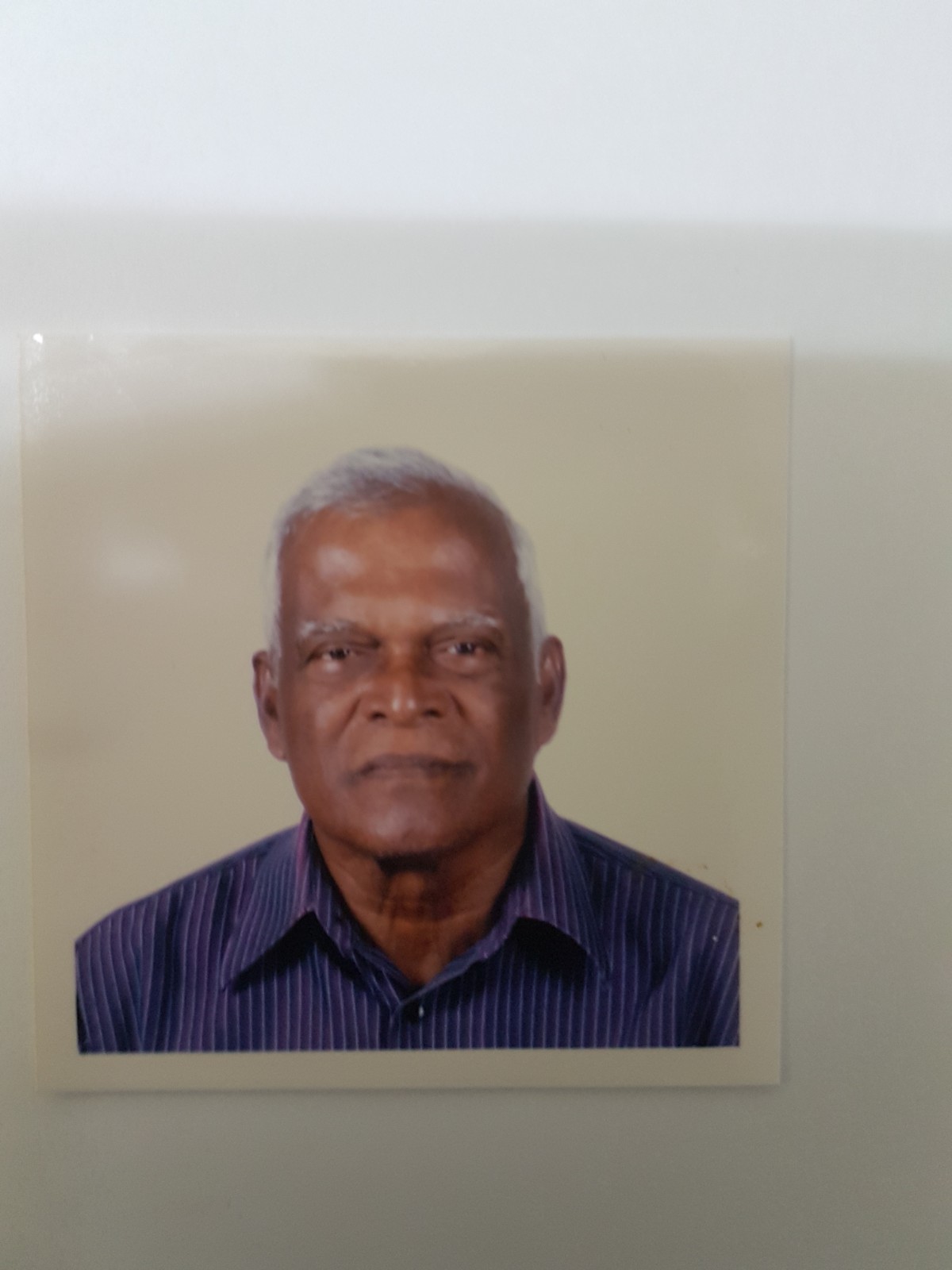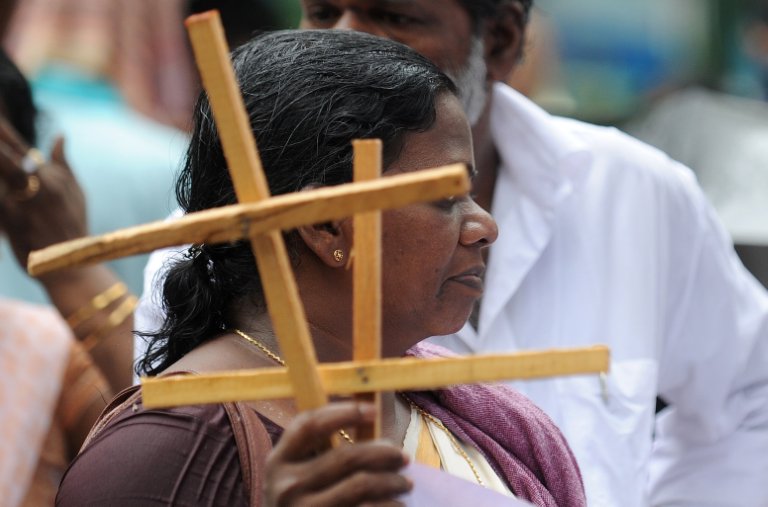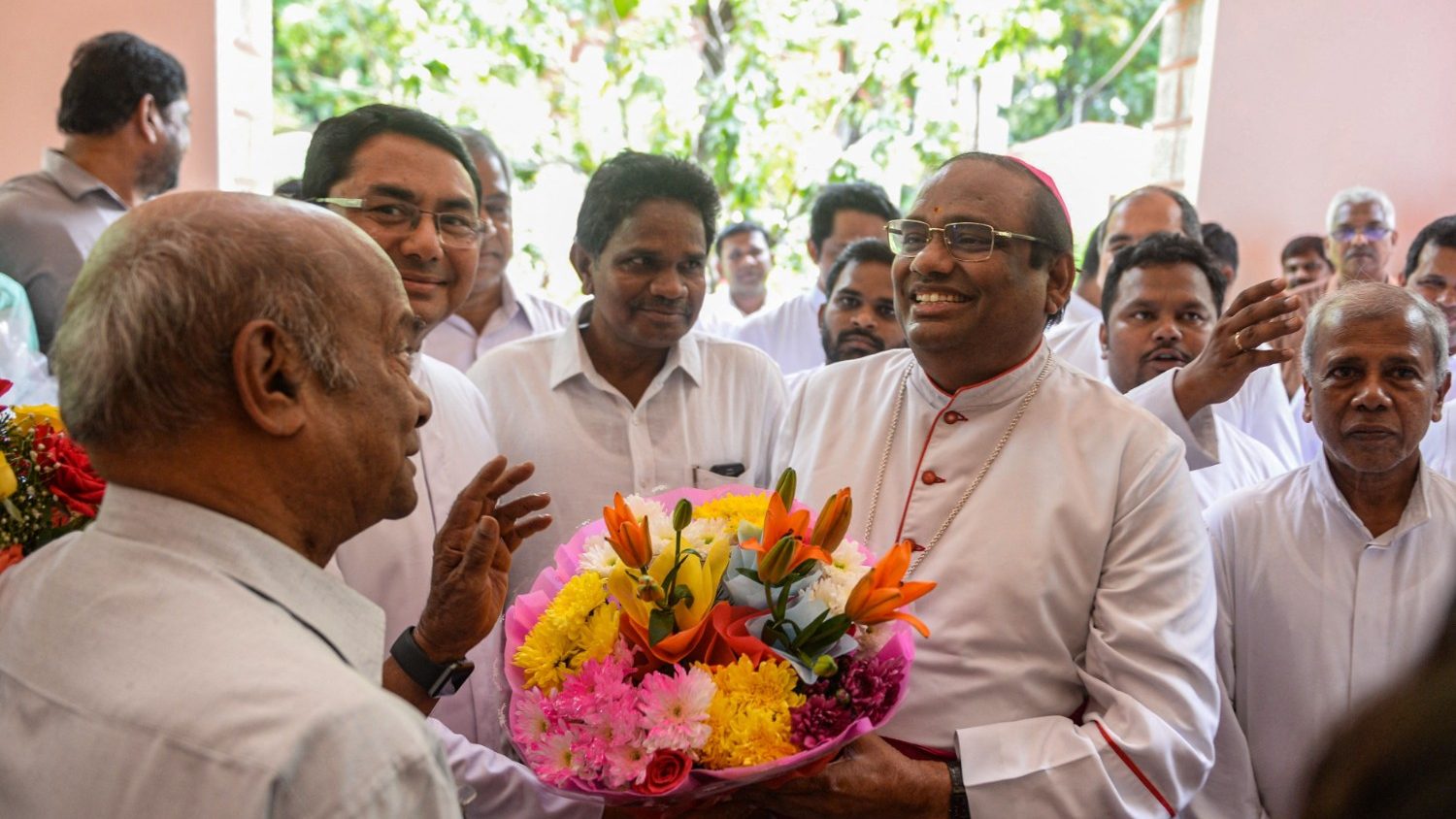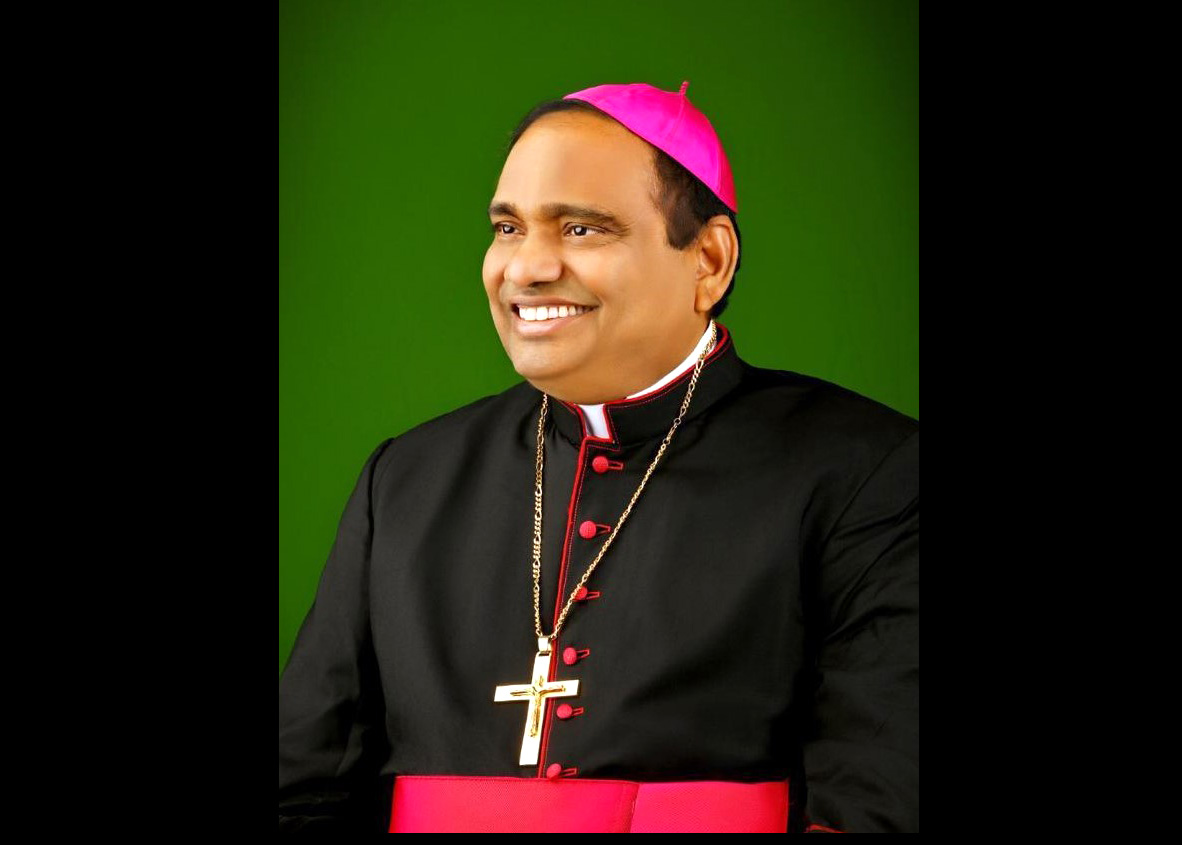By Paul Sinnappan
Malaysia: I was born in 1950 in a Dalit Christian family (Catholic). We were called Pariah.
Hindus consider all Christians are Dalits. My father’s family originated from Nangathur village and my mother’s families were from Vettavalam, which were located near Villupuram and Tindivanam, Tamil Nadu, South India.
They faced lots of discrimination as Dalit Christians in their villages.
They were recruited as labours to work in the rubber and palm oil estates in Malaya owned by European companies during the British occupation of Malaya and Singapore. The Hindu community called us generally Dalits as well as Christian Dalits if we follow Christianity.
Caste discrimination from birth
From childhood, I began to experience various forms of discrimination by the dominant caste Hindus and the low caste Hindus. The dominated caste Christians too discriminated against us.
These discriminations affected the lives of Christian Dalits in the field of education, employment, income, housing, businesses, control of organizations and institutions and holding high positions and leadership.
Even though the situation has changed drastically by now but subtle practices of discrimination against Dalits continue. In Malaysia, we do not use the word Dalits. We were called by our caste name itself i.e Pariah, Pallah, Chakili and Vannan. No caste is practiced among Malays and Chinese in Malaysia, which is a Muslim-majority country.
Research on Dalits
One of my passions has been researching the discrimination of Dalits in general and Christian Dalits in particular. The aim is to understand the identity and representations in various spectrums that are determined by others, media, age-old practices, besides social, economic, cultural and political dynamics.
Based on my fieldwork, studies and talks and seminars that I attended over the years, my research interests focus on discriminations in Tamil Nadu, discrimination during the arrival of Dalits in Malaya and Singapore, discriminations in the estates and urban squatters, struggle to improve their lives, Dalit leadership and organizations that worked for the upliftment of Dalit Christians.
Empowering work carried for Dalits Christians
With the help of others, some Dalit leaders formed small groups and give awareness, provide leadership skills, introduce economic, educational, vocational training and carry out advocacy work on issues affecting Dalits.
During this COVID-19 pandemic, we try to ensure that Dalits are not missed out on the help provided by the government, civil society groups and others.
Local and International Network
The Dalit Christian group network was developed. At the parish level, Dalit Christian groups were formed. We also established a regional and national network, coordinated with Dalit Christian groups in South East Asia. Our efforts have been to have a link with the Asian Dalit Christian Organization and International Dalit Network (General).
With the knowledge gained on Dalit issues in general and Dalit Christians issues in particular I began to do the following works:
I began organizing Christian Dalits through individuals in Singapore, Thailand, Myanmar, Cambodia, Nepal, Vietnam and China. In these countries, they are not called ‘Dalits’. They have country-specific local names.
I helped Dalit Christian leaders to attend international conferences. One such conference was the Dalit Christian Summit in Bengaluru organized by the Catholic Bishops’ Conference of India, Office for Dalits and Backward Classes.
Like many Dalit leaders, I attended a seminar organized by the Asian Dalit Network which put forward the Dalits (Muslim, Hindu, Christian and Buddhist) issues and recommendations to the United Nations.
Another was the Global Dalit conference was held in the USA. Dalits from the USA, Canada and Europe attended it. Dr. Paul Divakar and Dr. Ramesh Nathan, both from India, head this network.
The Global Dr. Ambedkar Movement entrusted me to conduct their second International Ambedkar Conference in Kuala Lumpur. Buddhist religious and lay leaders attended it.
Finally, we invite others to support the Christian Dalit Network and carry forward the movement for the sake of the promotion of social justice, human rights and human dignity of Dalits.









